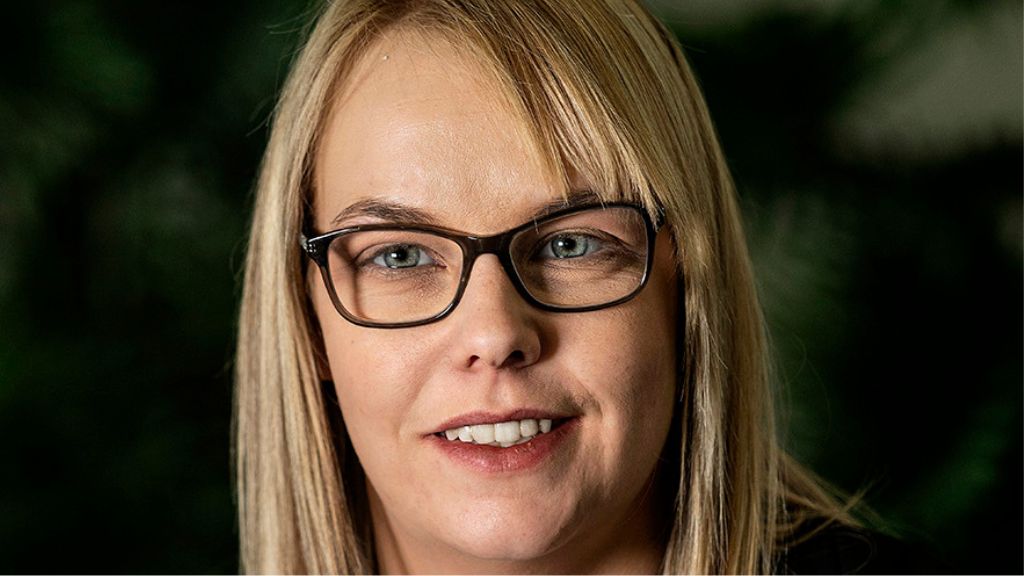Major new report outlines plan to harness the power of music to transform health, wellbeing and communities
Music for Dementia and UK Music have joined forces to publish a new report which outlines a blueprint to use music to help improve the nation’s health and wellbeing. The report also spells out the support needed from a variety of sectors to ensure its recommendations come to fruition.

The Power of Music report has been created to amplify – to government, business and the general public – how music can be used to improve the lives of those dealing with illnesses such as dementia, depression, and other debilitating conditions. At a time when health and social care services remain under intense pressure, it demonstrates how the use of music can support staff, create financial savings and help to achieve improved health and care outcomes.
Crucially, the report outlines a series of ambitious but achievable recommendations which can be quickly implemented to deliver positive change. It calls on the government to work with health, care, music, philanthropy and third sectors to invest in and capitalise on the positive changes the power of music can deliver.
Its publication follows a year-long study by UK Music, the collective voice of the UK music industry, and Music for Dementia, the leading health and music campaign, supported by The Utley Foundation, which produced the report following in-depth consultation with key stakeholders from charities, government and the health and social care sectors as well as musicians, music therapists, people living with dementia and their carers.
The Power of Music report sets out four key recommendations:
·The appointment of the UK’s first Power of Music Commissioner to champion and coordinate all the work in this area – setting up a new Government task force and a Life With Music Consortium to spearhead positive change.
·A major public awareness campaign to show how the power of music can change lives, improve health and bring communities together – supported by a new online information platform, the development of which is being led by Universal Music UK.
·Support frontline workers by providing better training on the role of music in health and care – in particular by establishing an accessible training module to help practitioners understand how best to use music as part of the care they provide in their work setting.
·Extra funding to help make music accessible to all delivered by new investment partnerships between government, industry and philanthropists.
Music for Dementia campaign director Grace Meadows said:
“The pandemic has shown us how we urgently need to reimagine health and social care in the UK. Music has a critical role to play in this and while we’re committed to making this happen, we can’t do this alone. We need leadership, public engagement and funding at the very least, including the appointment of a Power of Music Commissioner who will turn our recommendations into action.
“One of our biggest challenges is that many people still don’t fully appreciate the power of music, but we could begin to change that within a year. We’re calling upon the Government and leaders in the fields of health, care, music, charity and philanthropy to work together to ensure the greater use of music in social prescribing and make it a key tool in public health strategies.
“As a country, we can change the lived experience of millions living with dementia and wider health issues. We can do it quickly, simply and we can do it now for a relatively small investment. It just needs commitment and a determination to work together. Let’s do it.’’
UK Music chief executive Jamie Njoku-Goodwin said:
“Every day, more and more evidence emerges about the extraordinary health benefits of music and its potency as a non-pharmacological intervention. Whether it is in improving wellbeing and quality of life, boosting mental health or supporting dementia care, music has an incredible power to improve people’s lives.
“When used correctly, music can be a miracle medicine – and while there are thousands of people across the country who have seen this first-hand, there are millions more who have yet to enjoy its benefits.
“With bold leadership, cross-sector collaborations and a joined-up approach, we can harness the extraordinary power of music and ensure that everyone in our country can have access to the huge benefits music can bring.”
Culture secretary Nadine Dorries, who wrote the report’s foreword said:
“Music can be a powerful tool. It is clear to me that more should be done to understand the social value of music, and the unique opportunities it presents to alleviate long-term and chronic conditions, including learning disabilities, depression and dementia. I look forward to working with the creative and health sectors to harness the power of music and boost its untapped potential to support health and wellbeing.”
James Sanderson, chief executive at National Academy for Social Prescribing [NASP], said:
“At NASP, we are passionate about health and wellbeing and have witnessed first-hand how involvement in the arts can improve people’s quality of life. This report demonstrates the impact music can have on those living with dementia and we look forward to supporting The Utely Foundation and Music For Dementia with their four-step framework to harness the power of music.”
Lord Howarth of Newport CBE, chair of National Centre for Creative Health, said:
“The pandemic has raised awareness of the value of creativity in everyday lives and its importance to wellbeing. The benefits of music in supporting positive health outcomes can be made real for people living with dementia and other debilitating conditions if the recommendations of the report are normalised in practice.”
Care England, chief executive Professor Martin Green OBE said:
“I welcome the publication of the Power of Music Report, which shows the important role music plays in improving the quality of life of people living with dementia. This report is a call to action for the care sector, and identifies some very clear and tangible ways in which care providers can use music as a vital tool in delivering quality care for people living with dementia”
The report already has the support of Universal Music UK, the UK’s leading music company, which is leading in the creation of a dynamic, interactive online resource that will complement existing health and care models.




